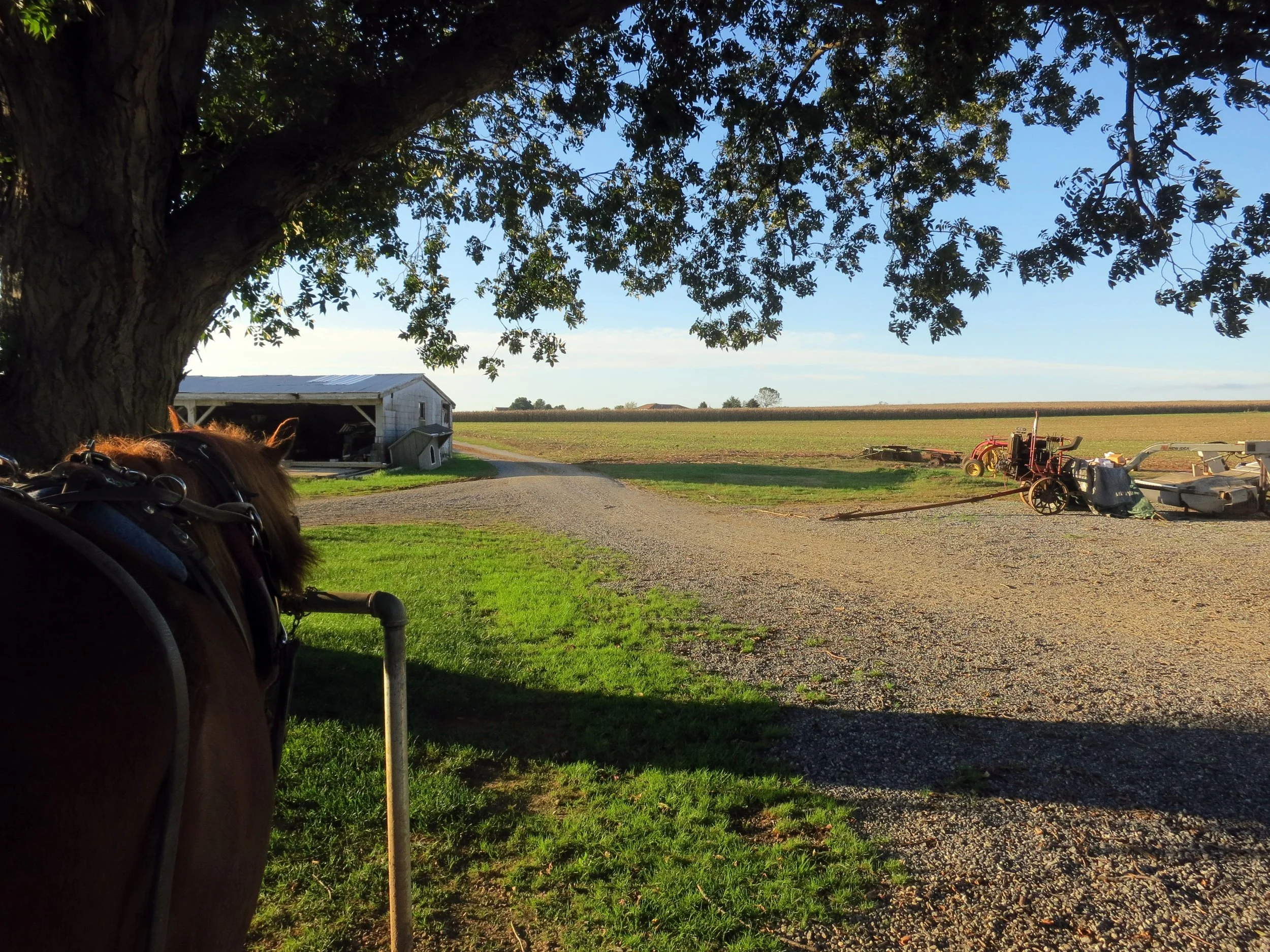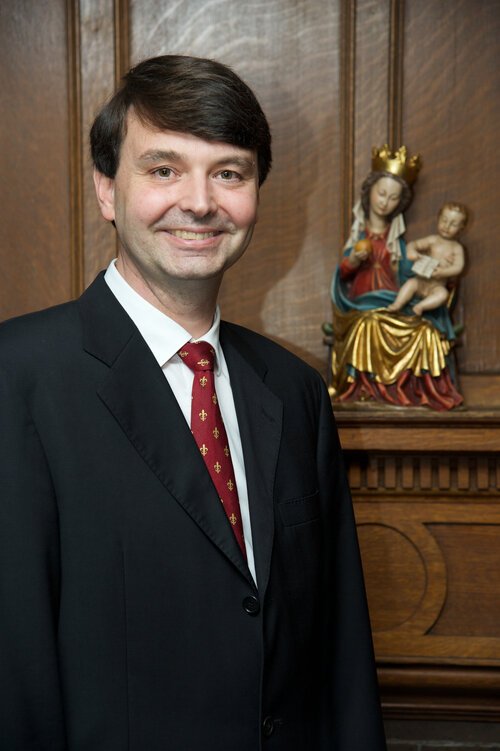NCBC and the Courts
The National Catholic Bioethics Center (NCBC) has for many years submitted amicus curiae, or friend of the court briefs, in judicial cases all the way up to the US Supreme Court on bioethical issues. Amicus legal documents are filed by individuals or organizations who are not directly involved in the case but provide courts with expertise, additional information, and alternative perspectives on legal matters. The NCBC does this in the field of bioethics.
Legislation frequently sets bioethical policy as do federal agencies, but just as often judges and juries are called to rule on cases with profound bioethical implications. This can be highly problematic when the magistrates or individuals on juries have little or no education in bioethical principles. Friend of the court briefs are one way to assist these decisionmakers, who are called to make critical judgments.
A good example of the excellent work the NCBC has done in recent years is the amicus brief filed in the US Supreme Court case of JOSEPH MILLER; EZRA WENGERD; JONAS SMUCKER; DYGERT ROAD SCHOOL; PLEASANT VIEW SCHOOL; SHADY LANE SCHOOL, Petitioners, vs JAMES V. MCDONALD, IN HIS OFFICIAL CAPACITY AS COMMISSIONER OF HEALTH OF THE STATE OF NEW YORK; BETTY A. ROSA, IN HER OFFICIAL CAPACITY AS COMMISSIONER OF EDUCATION OF THE STATE OF NEW YORK. The NCBC teamed up with the Catholic Medical Association and the National Association of Catholic Nurses to ask that the Supreme Court strongly reaffirm religious liberty rights against government mandates in health care decision making. In this specific case it was a group of Amish US citizens seeking exemptions from vaccine mandates.
The issues of religious liberty and conscience rights, of course, go far beyond a small group of Amish families who do not want to be forced to violate their beliefs by the state of New York. The US Constitution recognizes the right to religious liberty in the First Amendment. Catholic medical professionals are nevertheless frequently placed in very difficult situations when they are told to prescribe contraception, perform sterilizations, do transgender interventions, or even carry out abortions under certain government mandates. Given the constitutionally protected rights in the United States of America, judicial challenges, some of which have gone all the way up to the Supreme Court, have been necessary at times to defend individuals and health care professionals. Fortunately, these cases have generally been decided in favor of those refusing to be coerced by government bureaucrats or elected officials.
In this particular case, a major opportunity exists. The Supreme Court is asked to reconsider a previous ruling from 1990, Employment Division, Department of Human Resources of Oregon v. Smith, commonly referred to as Smith. That case, in the opinion of the NCBC and many others, oversimplified the complex question of First Amendment protections to religious professionals facing government regulation. Smith established a rule that was supposed to be “neutral” and generally applicable, but the Supreme Court itself stated in the 2021 case Fulton v. City of Philadelphia that Smith had left “religious liberty in a confused and vulnerable state.” Smith stated that government policies could categorically prohibit or command certain conduct so long as it did not specifically target religious practice. In essence, you can be forced to violate your beliefs in the workplace as long as the law or regulation treats all people equally and does not target one specific religious group. This recalls the horrible situation in Sweden where all OB/GYNs and midwives are required to perform or participate in abortions. This is “neutral” in the sense that it is generally applicable, but it is also a grave violation of human rights.
The NCBC and its co-amicus filers are asking the Supreme Court to overrule Smith. We did the same with an amicus brief in the Dobbs case that happily overruled the infamous Roe v. Wade decision. The NCBC et al argue as follows: “If religious liberty is the appropriate constitutional starting point, and it is, this Court should make clear that formal neutrality and general applicability are means by which to evaluate government regulation, not ends in themselves.” The scope of medical care providers’ conscience rights needs clarification in many areas. To leave the Smith ruling in place risks alienating and even forcing out of medical practice thousands of health care professionals whose religious beliefs forbid certain acts.
Those who criticize religious liberty rights generally make the claim that it would be chaotic to allow each individual’s conscience to be a “law unto itself,” but the NCBC and others argue that the free exercise of one’s religion should be subject to certain reasonable limits. US Founding Father James Madison recognized that free exercise of religion could be limited if the preservation of equal liberty might be manifestly endangered in the specific situation at hand. What the NCBC objects to is for the Supreme Court to “rubber stamp” heavy-handed, even if “neutral” and “generally applicable” government interventions, that burden religious exercise.
Catholic medical professionals of all kinds often face challenges that pit their right to freely exercise their religion against the demands of the state, their employers, and their professions. It is earnestly to be hoped that the US Supreme Court will finally overrule the Smith decision in this latest case. It has criticized Smith in recent rulings, and the time has come to set that harmful decision aside. It is wonderful that there are good reasons to believe this court may decisively stand on the side of religious liberty soon.
Joseph Meaney, PhD, KM
Joseph Meaney received his PhD in bioethics from the Catholic University of the Sacred Heart in Rome. His doctoral program was founded by the late Elio Cardinal Sgreccia and linked to the medical school and Gemelli teaching hospital. His dissertation topic was Conscience and Health Care: A Bioethical Analysis. Dr. Meaney earned his master’s in Latin American studies, focusing on health care in Guatemala, from the University of Texas at Austin. He graduated from the University of Dallas with a BA in history and a concentration in international studies. The Benedict XVI Catholic University in Trujillo, Peru, awarded Dr. Meaney an honorary visiting professorship. The University of Dallas bestowed on him an honorary doctorate in Humane Letters in 2022.


